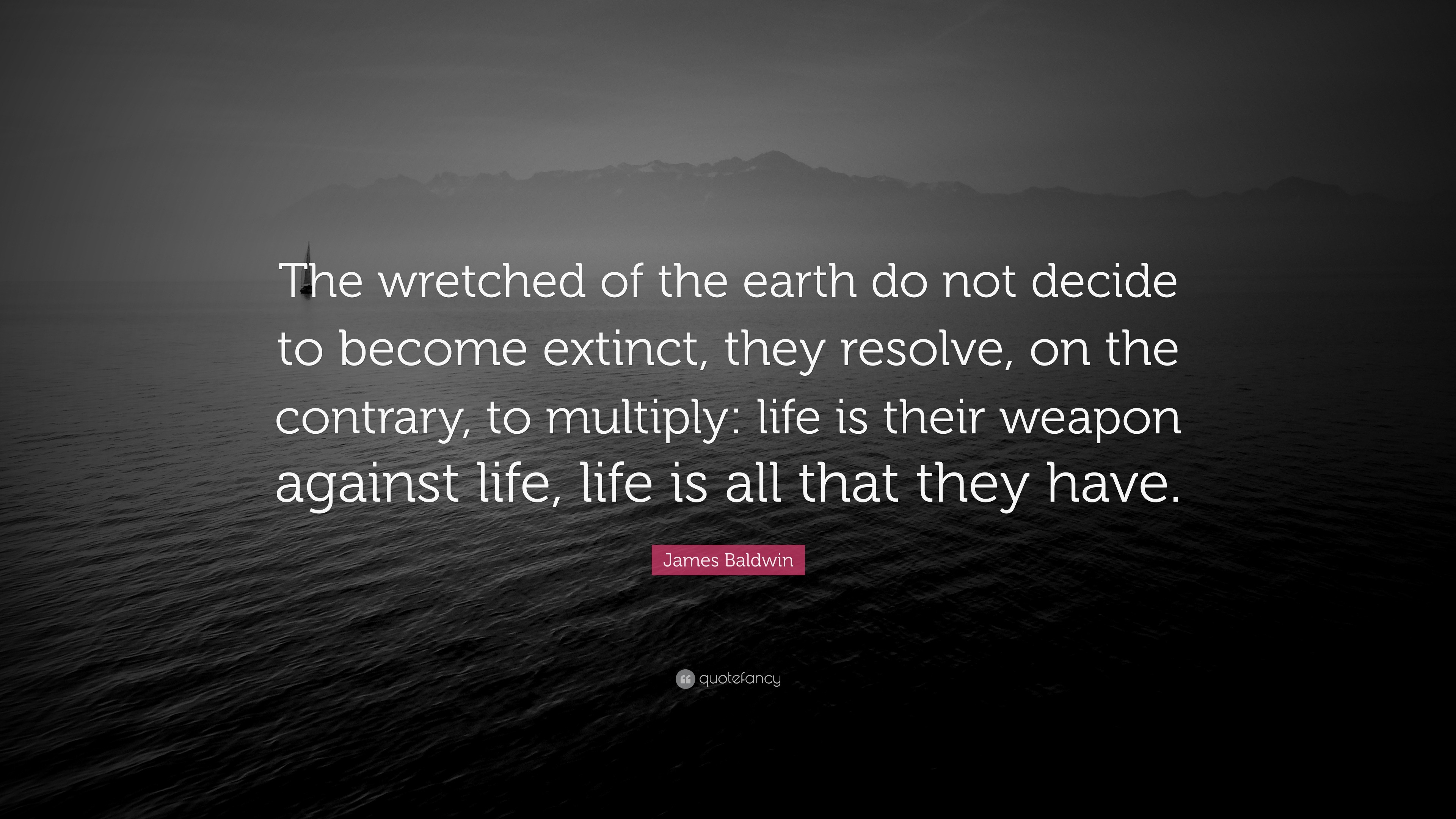
".this book is quite a successful work, certainly as a history of the IWMA itself, but also as a broader contribution to a trans-national and even global view of the working-class organisation and political radicalism during the third quarter of the nineteenth century. In sum, this book provides a treasure-trove of information and insights for all those interested in labour internationalism, its mid-nineteenth century development, its many-sided character and its strengths and weaknesses." - Neville Kirk, in: Labour History, No. They also flag important areas of future research, especially those around gender, race and transnationalism.

"The contributions to the collection, both individually and collectively, greatly enrich and bring up-to-date our knowledge and understanding of the IWMA. In sum, the coverage is well rounded." - J. Contributions on Latin American and US sections of the IWMA relieve the time-worn Eurocentrism of many past analyses, and one essay explores the roles and opportunities for women in the overwhelmingly male-dominated groups. Of particular interest, especially to students of the larger Left, is Jürgen Herres’s contribution, “Karl Marx and the IWMA Revisited,” which provides a much-needed, post–Cold War perspective on the leading-but not authoritarian-figure of the First International during the first wave of globalization. "The essays are well written and well documented. In our age of globalised capitalism, large labour migration, and rising nationalisms, much can be learnt from the history of the first international labour organisation.Ĭontributors are: Fabrice Bensimon, Gregory Claeys, Michel Cordillot, Nicolas Delalande, Quentin Deluermoz, Marianne Enckell, Albert Garcia Balaña, Samuel Hayat, Jürgen Herres, François Jarrige, Mathieu Léonard, Carl Levy, Detlev Mares, Krzysztof Marchlewicz, Woodford McClellan, Jeanne Moisand, Iorwerth Prothero, Jean Puissant, Jürgen Schmidt, Antje Schrupp, Horacio Tarcus, Antony Taylor, Marc Vuilleumier. Although it split up in 1872, the IWMA played a ground-breaking part in the history of working-class internationalism. It soon appeared as a threat to European powers, which vilified and prosecuted it. It took sides in major events, such as the 1871 Paris Commune. The IWMA struggled for the emancipation of labour. Founded in London in 1864, the First International gathered trade unions, associations, co-operatives, and individual workers across Europe and the Americas.


“Arise Ye Wretched of the Earth” provides a fresh account of the International Working Men’s Association.


 0 kommentar(er)
0 kommentar(er)
